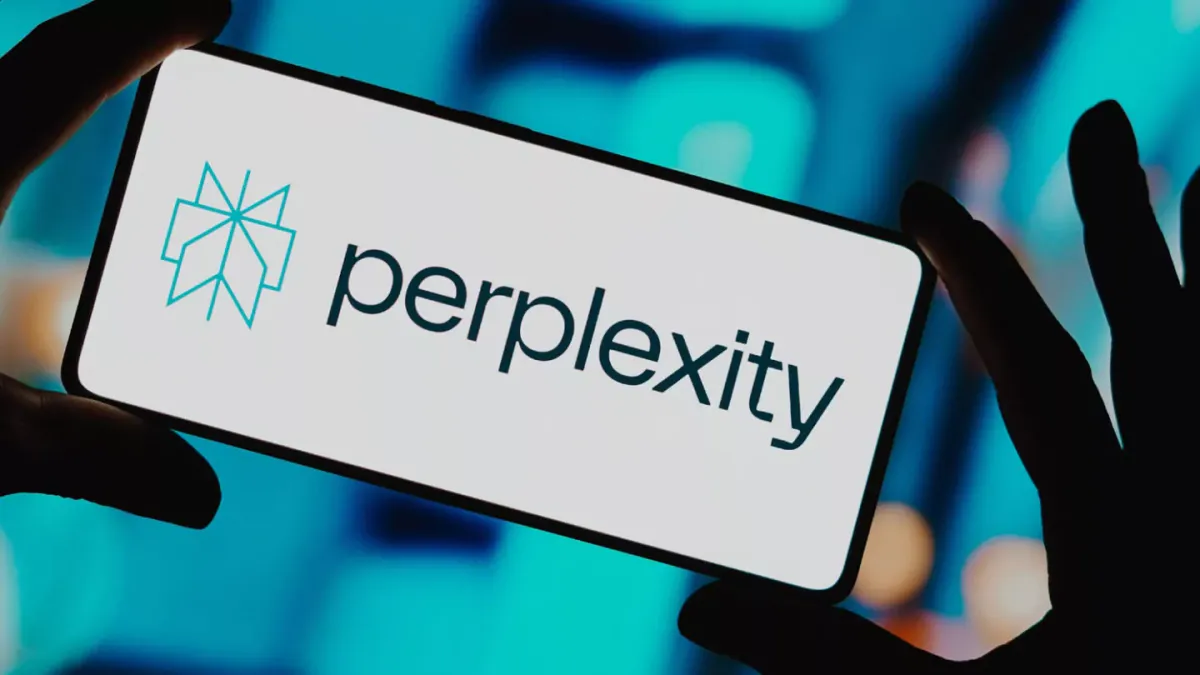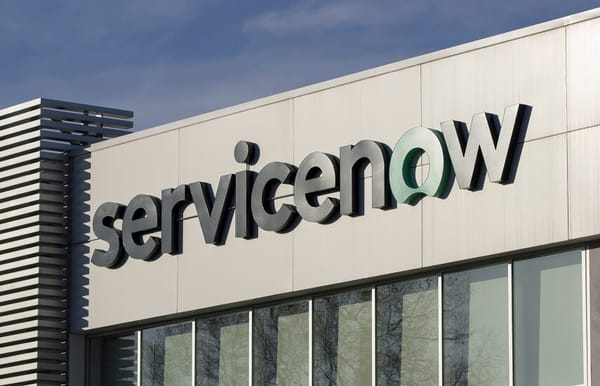Perplexity Makes AI Voice Assistant Available on iPhones
It works on older devices like the iPhone 13 mini, unlike Apple Intelligence

Perplexity has updated its iOS app to include voice support for its conversational AI assistant, bringing powerful new capabilities to Apple users. Now, you can ask the assistant to handle everyday tasks like writing emails, setting reminders, and booking dinner reservations—all directly from your iPhone or iPad.
Introducing Perplexity iOS Voice Assistant
— Perplexity (@perplexity_ai) April 23, 2025
Voice Assistant uses web browsing and multi-app actions to book reservations, send emails and calendar invites, play media, and more—all from the Perplexity iOS app.
Update your app in the App Store and start asking today. pic.twitter.com/OKdlTaG9CO
Impressively, the assistant works even when you navigate away from the app, though it currently lacks screen-sharing features available on Android.
Still, it offers functionality that Apple’s upcoming AI-powered Siri—expected sometime next year—doesn’t yet support. Plus, it works on older devices like the iPhone 13 mini, unlike Apple Intelligence, which will require newer hardware.
Perplexity originally launched voice features on Android in January, and after resolving Apple’s permissions requirements, it’s now rolling out on iOS.
"You can ask it to play anything: podcasts, hard-to-find videos, favourite songs. Even things like 'play me the video of Katy Perry kissing the ground after landing from the rocket', or 'baby shark donald trump version', or 'podcast where Andreessen discusses browsers with Lex," Perplexity AI CEO Aravind Srinivas said in a X post.
Recently, in a LinkedIn post, Srinivas revealed that his company has been asked to testify in the Google-Department of Justice (DOJ) case.
He argued against splitting Chrome from Google, emphasizing Google’s contribution in open-sourcing Chromium—used by browsers like Microsoft Edge and Perplexity’s own Comet.
"Google should not be broken up. Chrome should remain within and continue to be run by Google," he said.

He asserted that no other company could maintain Chrome’s scale or quality while keeping it free for users.
Second, Srinivas advocated for more consumer choice within Android. He called for loosening the integration of default Google apps like Search and Maps, allowing OEMs to offer alternatives without risking access to critical services like the Play Store.
"If a phone maker wants to include any of Google's apps like Google Maps or the Play Store, they're required to include all of them. They also have to preload Google Search and Google Assistant as required defaults and limit alternatives for their users," the company said in a blog post.





